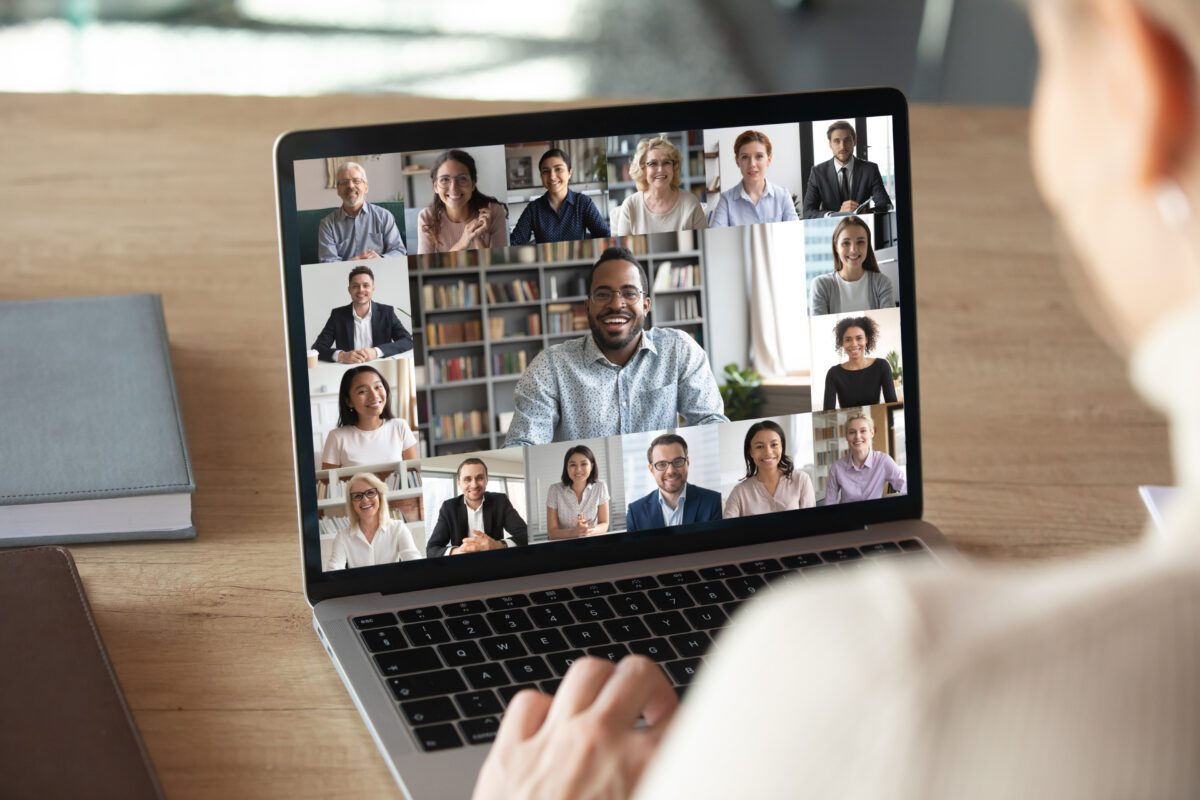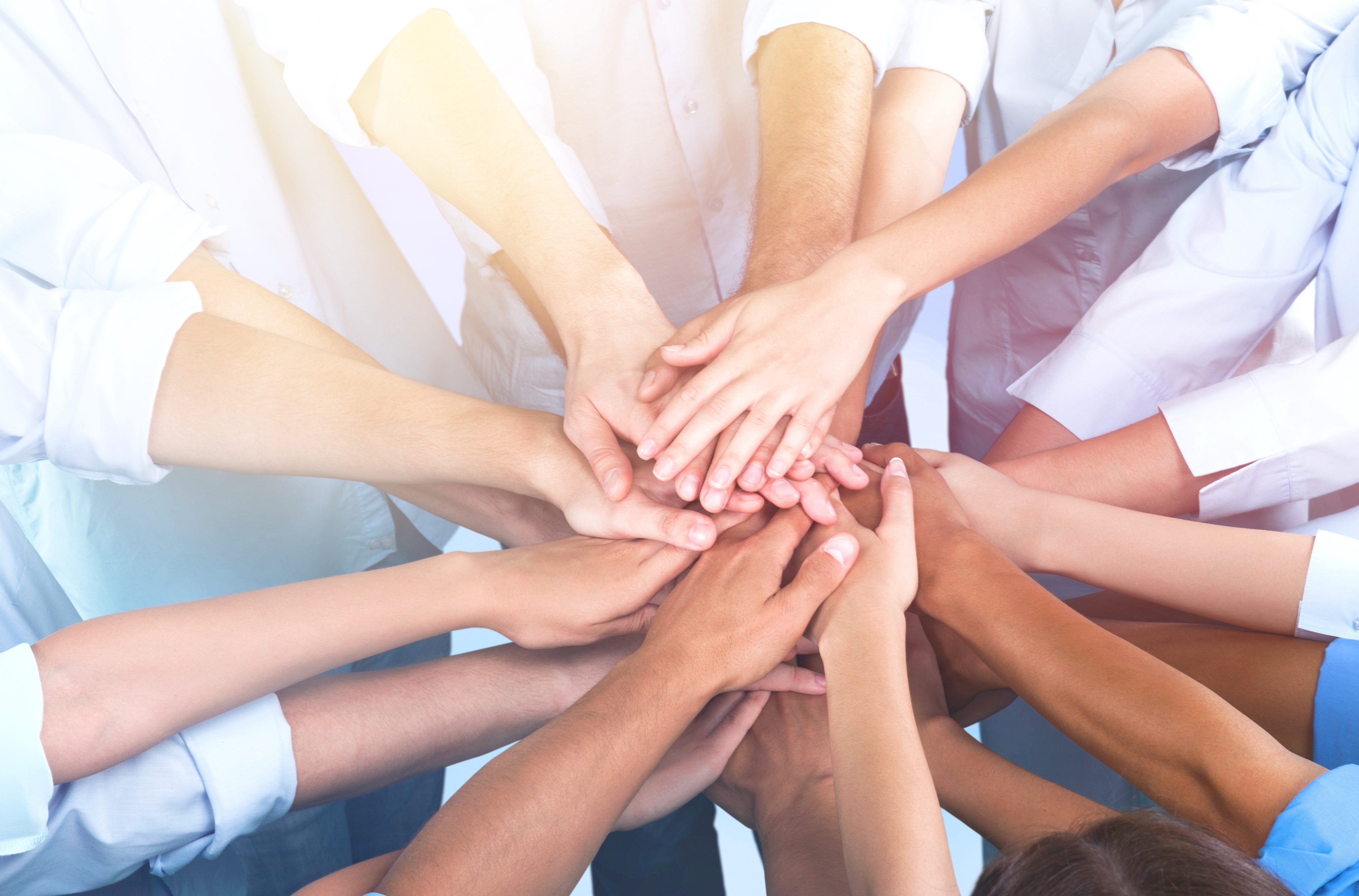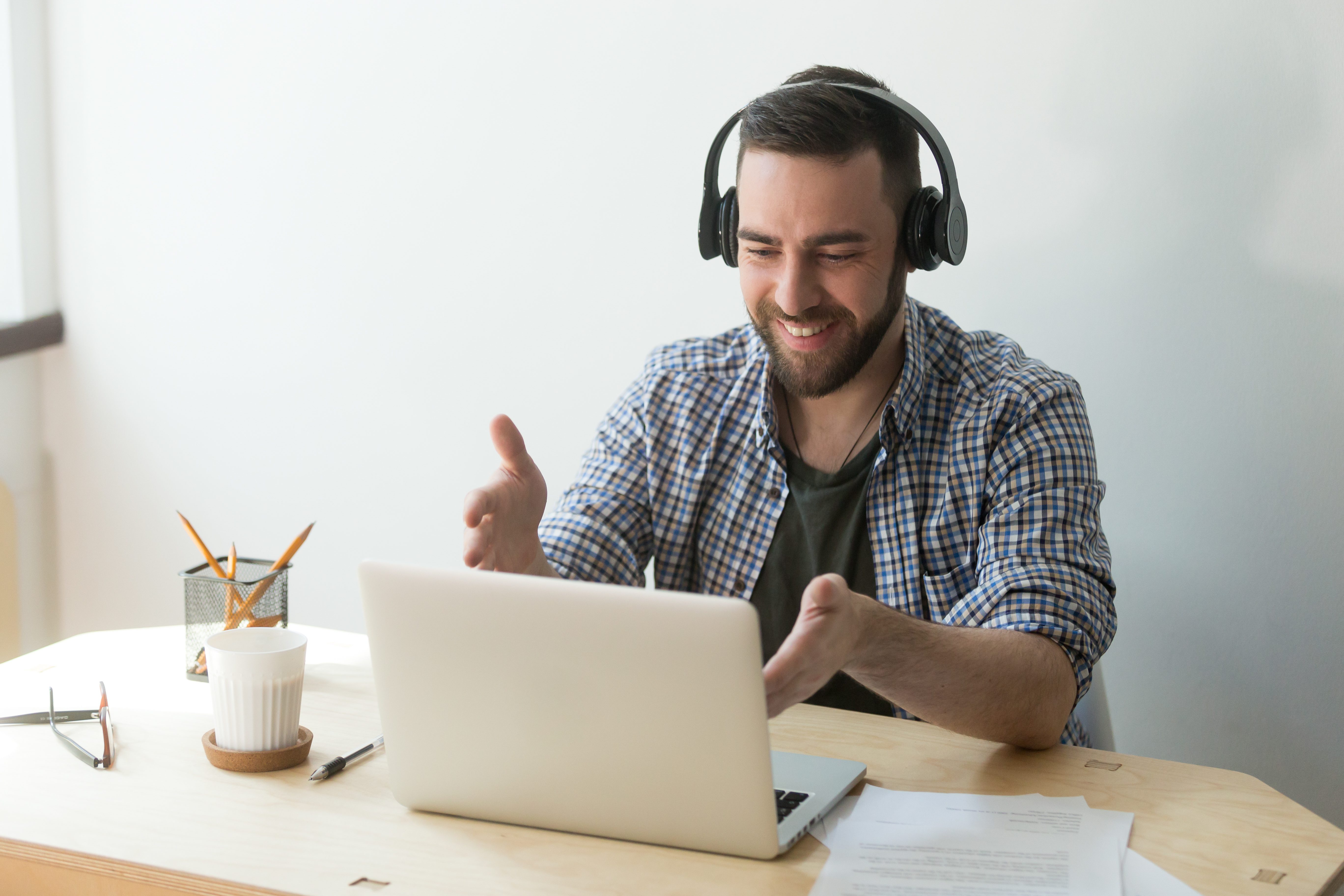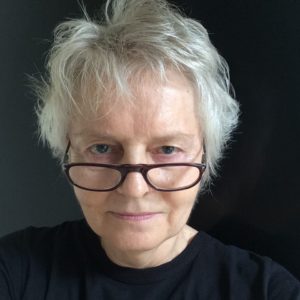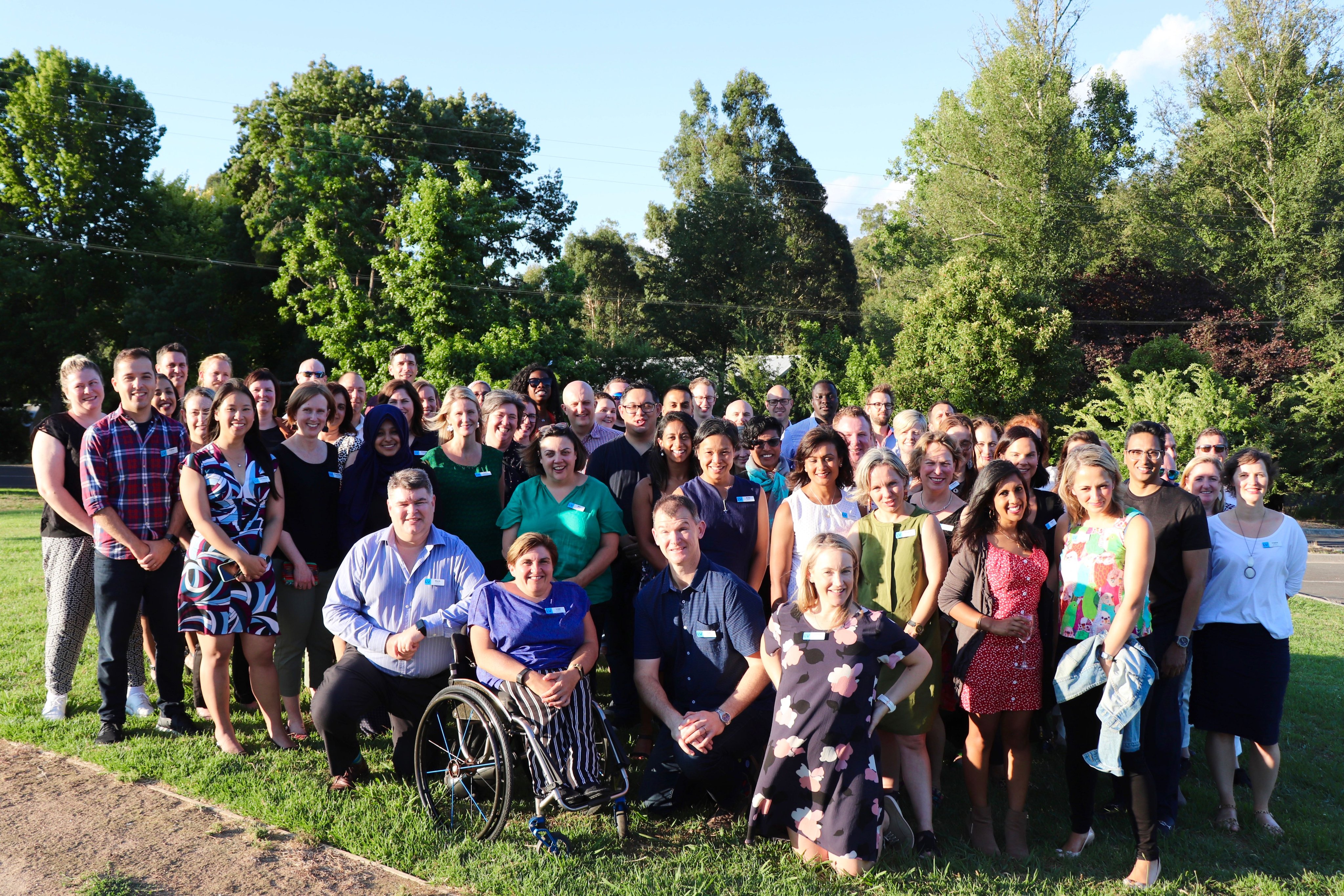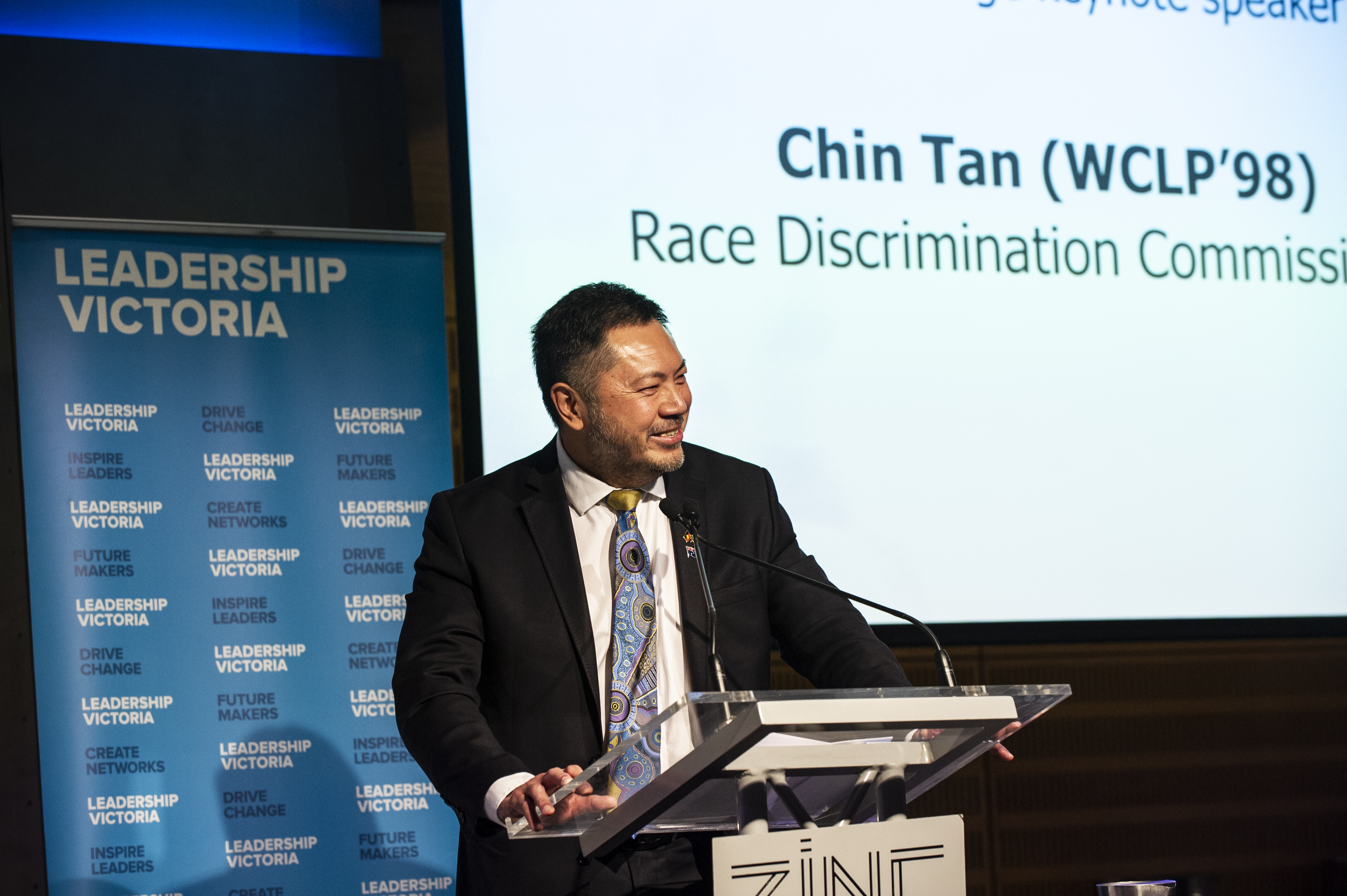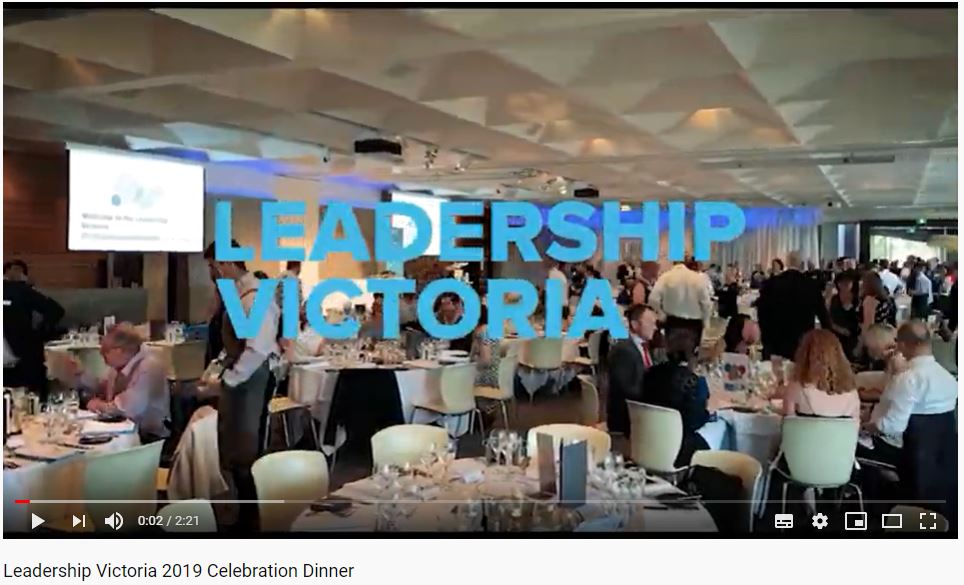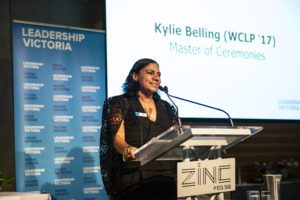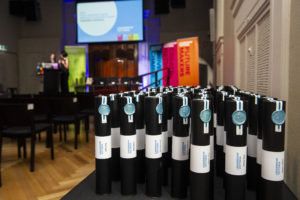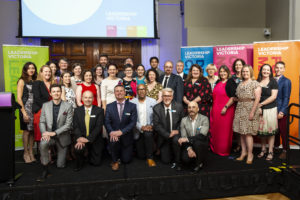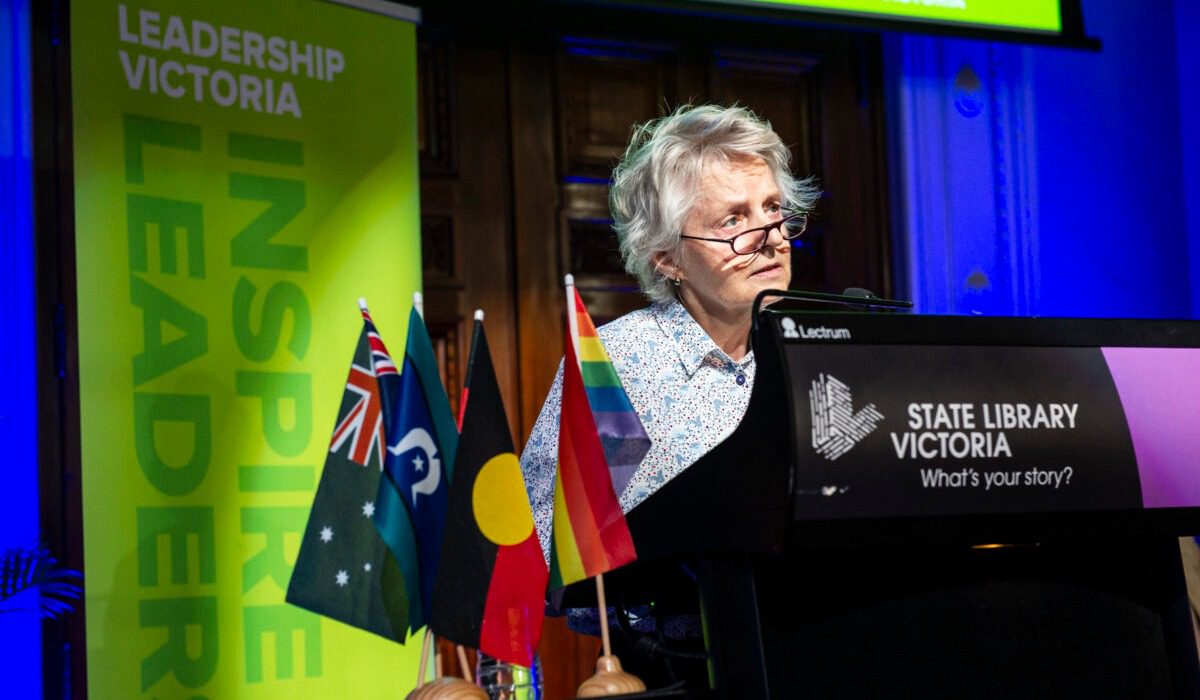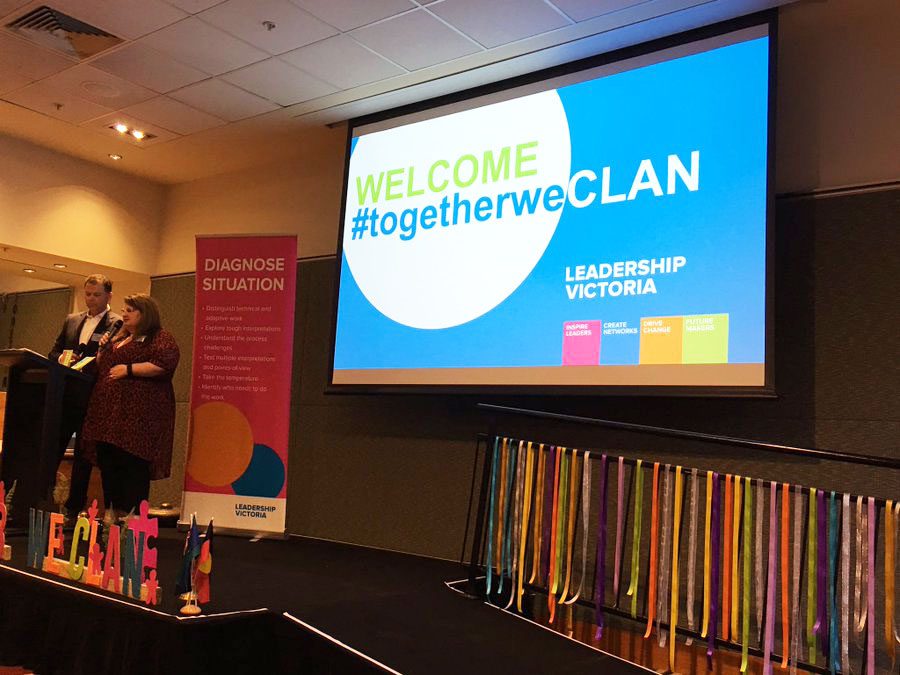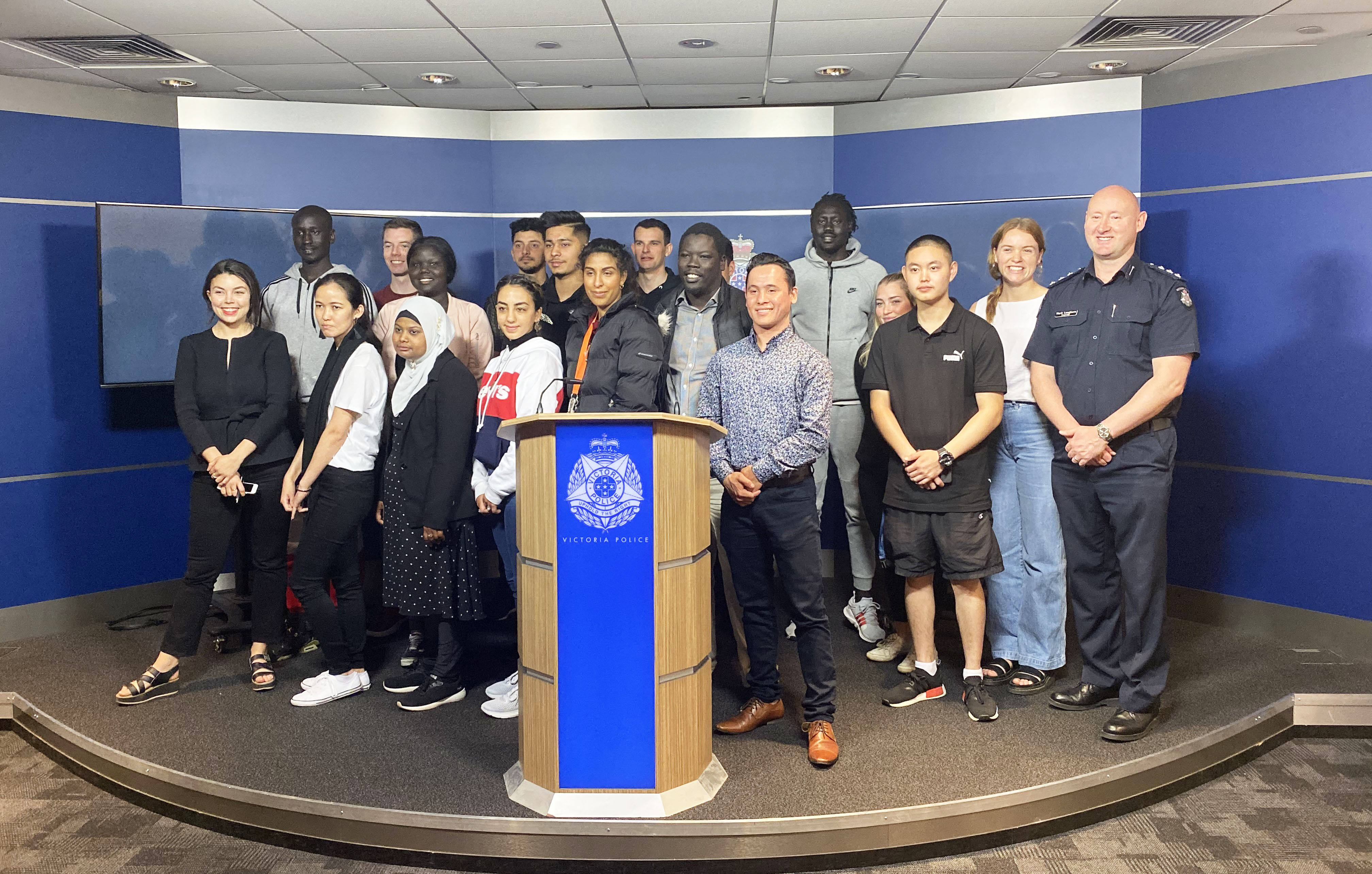The LV team put together this storytelling piece from the 2020 Williamson Welcome Immersive. Following this, the 2020 Williamson peer groups will take over the storytelling duties and we will be sharing these reflections from the program from time to time over the year. This storytelling piece is accompanied by a Spotify playlist – a ha moments from Williamson 2020.
“Belonging is an integral part of life,” says Taungurung man and LV alumnus, Anthony Cavanagh (WCLP’15) as the group stands in a wide circle with the land beneath our feet and the cockatoos screeching their own welcome from the majestic gums above.
You are at this moment on the cusp of belonging to something new.
Something that, as Anthony tells us, is not just for the next 12 months, it is for the rest of your life.
Welcome indeed.
How does belonging happen? It starts like this.
A generous welcome that helps us all belong to the ancient land and the cultures that have shaped it.
A pair of socks – you will see a few of these – that symbolise your new belonging. Continuing (alumni, the Leadership Victoria community) and new (you lot) joined by a small gift, a symbol of all the things that will come to link you.
Let me introduce myself. I’m your narrator for this first part of the journey. Unreliable. Biased. Selective. Not of you, but observing you. None of you will have the benefit of my distance as you undertake this storytelling task over coming months – although you will be expected to climb up to the balcony. I will not have the benefit of your belonging in this special group – although I love a good session on the dancefloor.
Belonging and not belonging. Let’s talk about the monsters that lurk in the room on this first morning. Imposter syndrome. And for some of you perhaps, its opposite. What shall we call it? Ego? Hubris? Privilege?
Or maybe it is one of these monsters masking itself as another. Or a mix of both. We are complex beasts, us and our monsters.
Let’s call them and then let them go – for now.
You are here. You are here through an honest, fair (well, as fair as our world is) and trustworthy process. So you deserve to be here. So does everyone around you.
Think back to that question in your interview – why you when someone else will miss out? I could add, when some people in our world, our communities, will never even be in a position to take control of their own lives, let alone lead others.
Use that.
Use it to make the most of this opportunity. You are not here just for you. Leadership, by its very nature is about yourself and others.
So step up and in. Make the space for this in your life. Really live every moment of it. You will never have this again. Most people will never have it.
But don’t waste time thinking you are the odd one out in exalted company. Or, alternatively, that you are the exalted one in odd company.
You are here. So really, be here.
Maybe this expectation of presence is not what you were expecting. Even when the people who had come before you down this path shook their heads and with that mix of pride, ruefulness and knowing said, ‘You should do this. But it’ll be hard. It will test you.’
What might you need to give up, for a time, to be truly present? How might you need to recalibrate – the way you see the world, the way you move in it, the assumptions you make, how you use your time and the value you place on it?
What might you give up, set aside … but what richness will you gain?
So much to take in on these first few days. So many points where presence is required, already, that the head spins and aches with it all.
But let me settle on one point: Questions. Specifically, the questions you ask of the people who give their time and that little part of themselves that is their story.
What are they, these questions? A way to extract information. Sure. But so much more – they can be vehicles of your curiosity, your imagination, your empathy, your anger, your desire for change. Your learning.
Williamson is such a big program, all those days, all those trips and experiences and speakers … and yet, already here we are on Day One and it feels like there isn’t enough time.
It’s fleeting. And all of a sudden, that person who could hold the key to a revelation that could change you, change your world, is heading for the door, a pair of socks in hand.
So your presence is not just a sort of mindfulness on the day. It is practical and preparatory and reflective. It is before and after. I’m talking about research and pondering and careful, thoughtful selection.
These questions, they are about you as much as they are about the one being questioned and the wider world.
So here on Day One, as an example, some of you have before you a journalist who:
(a) asks questions for a living – hmm, might have some insights for your own question posing, especially as a Williamson alumnus.
(b) has lived through (is living through) the most massive disruption to public engagement with news and information in at least a hundred years – gosh I wonder what he sees as the future of media; I wonder how that transformation has affected him and his colleagues – what does his experience tell us about people and change?
(c) specialises in business and finance – gee, he’d have some insights into changes in corporate culture and leadership and the state of the economy and why, despite things like the banking royal commission, corporate leaders seem to be showing more direction on big issues than politicians.
But you only have – what, half an hour to ask questions? And there’s 30 of you. So it means team work and compromise too. Choice. Decision. Depth or breadth. What is the best use of our limited time and access?
This is starting to look a lot like leadership.
What do you really want to know from and about this person? Don’t waste your, their and everyone else’s time by not knowing about them beforehand; their experiences, what they might have said in the past, what they can speak knowledgeably about.
Don’t refrain from asking them the burning questions. Don’t be ignorant of what those questions might be.
And don’t take what they say at face value – respectfully, but still, with purpose and a curious mind. I was upfront with you, back up there at the start. I told you I was a biased and unreliable narrator. Everyone is of their own story. But most won’t tell you – or to be fair, they don’t realise it.
Real insights are rarely handed to us on a platter. We must earn them. Deserve them. Ponder them awhile.
Remember. You are here and so many others are not. Belonging is a privilege and a commitment.
Be thoughtful. Be present. Belong.
Welcome to Williamson.
